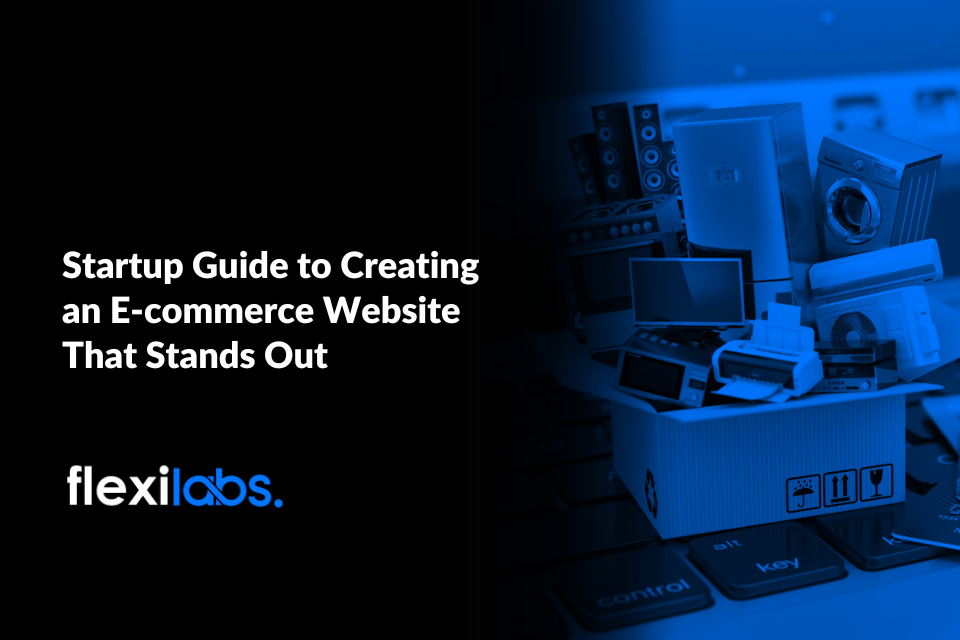In today’s dynamic and rapidly evolving business landscape, startups drive innovation, create jobs, and shape economies. However, the journey from an innovative idea to a successful and sustainable business is fraught with challenges and uncertainties. This is where startup accelerators step in, offering a structured and supportive environment to propel early-stage companies forward.
In this article, we will delve into the crucial role that startup accelerators play in nurturing and catalysing the growth of fledgling ventures.
What is a Startup Accelerator?
Startup accelerators, often called seed accelerators or startup incubators, are organisations designed to provide support, resources, mentorship, and funding to early-stage startups. These programs typically offer a fixed-term, cohort-based approach, during which selected startups receive an intensive and immersive experience to accelerate their growth.
The concept of startup accelerators gained prominence in the early 2000s with the emergence of tech hubs like Silicon Valley. Since then, the model has proliferated globally, with thousands of accelerators catering to various industries and business models. While each accelerator may have a unique focus, they all share a common objective: to help startups navigate the challenging initial phases of their journey and position them for future success.
What are the roles of a startup accelerator in helping early-stage businesses?

1. Nurtures an Innovative Environment
At the heart of startup accelerators’ success lies their ability to foster innovation. These programs serve as a breeding ground for new ideas and disruptive technologies. By bringing together a diverse group of founders, mentors, investors, and industry experts, accelerators create an environment conducive to collaboration, ideation, and cross-pollination of concepts.
Startups enrolled in accelerator programs benefit from exposure to various perspectives and insights. This exposure often leads to refining their business models, product offerings, and market strategies. In addition, the structured curriculum and mentorship accelerators help startups navigate critical decisions, avoid common pitfalls, and make informed choices.
2. Provides Education and Mentorship
One of the most valuable components of startup accelerator programs is the mentorship provided to participating startups. Seasoned entrepreneurs, industry veterans, and subject matter experts dedicate their time to guide and advise startups through their growth journey. This mentorship is a cornerstone of the accelerator model, offering startups access to a wealth of knowledge and experience that would otherwise be challenging.
Mentors assist startups in refining their business plans, fine-tuning their value propositions, and devising effective go-to-market strategies. Furthermore, mentorship extends beyond the confines of the accelerator program, often leading to long-lasting relationships that continue to benefit startups after graduation.
3. Offers Resources and Infrastructure
Beyond mentorship, startup accelerators provide startups with various resources vital for growth. These resources include a physical workspace, access to state-of-the-art facilities, and networking opportunities with potential investors, customers, and partners. The provision of a conducive workspace allows startups to focus on innovation without the burden of logistical challenges.
Accelerators also offer startups the opportunity to showcase their progress and accomplishments to a broader audience. Demo days, which mark the culmination of many accelerator programs, provide a platform for startups to pitch their ideas to a room full of investors and stakeholders. This exposure can be a game-changer, often leading to follow-on funding and strategic partnerships.
4. Provides Access to Funding
While not all startups are created with the same financial backing, funding remains a critical factor in their success. Startup accelerators recognise this need and often offer seed funding in exchange for equity. This initial investment is a runway for startups to build their products, validate their market hypotheses, and achieve critical milestones.
Moreover, the credibility of being part of a respected accelerator program can open doors to additional funding sources. Angel investors, venture capitalists, and other institutional investors often view startups that have graduated from reputable accelerators as more attractive investment opportunities. This endorsement significantly increases the chances of securing further investment rounds as the startup progresses.
5. Forges Networks and Connections in the Business Ecosystem
In the business world, relationships matter as much as ideas and execution. Startup accelerators facilitate the creation of a robust network that extends far beyond the duration of the program. Founders gain access to a community of like-minded peers who share their challenges, triumphs, and insights. This camaraderie provides emotional support and a platform for collaboration.
The accelerator’s network also encompasses mentors, investors, industry partners, and alums, all contributing to a startup’s growth trajectory. Leveraging these connections can lead to strategic partnerships, customer acquisition, and even acquisition opportunities, positioning startups for long-term success.
Challenges and Considerations
While startup accelerators offer many benefits, it’s essential to acknowledge that they are facing challenges. The competitive nature of accelerator programs means that not all applicants are accepted, and those must demonstrate a high growth potential. The intensive nature of the programs can also be demanding on founders, requiring them to dedicate significant time and effort to the acceleration process.
Furthermore, the equity stake accelerators take in exchange for funding and support is a startup consideration. While this equity can be a valuable trade-off for the benefits received, founders must carefully evaluate the terms and implications of the investment.
How to Apply to a Startup Accelerator?
Now you know that Startup accelerators provide invaluable resources, mentorship, and funding. It’s time to apply! Here’s a comprehensive guide to help you navigate the application process successfully:
- Research and Identify Suitable Accelerators. Begin by researching various successful startup accelerators that align with your industry, business model, and goals. Consider location, focus areas, mentor network, funding structure, and program duration.
- Refine Your Business Idea. Ensure your business idea is well-defined, innovative, and addresses a genuine market need. Develop a clear value proposition and articulate how your startup stands out from competitors.
- Prepare Your Application Materials. Gather the required documents, typically including a Pitch deck, a business plan, and a Video pitch.
- Craft a Compelling Pitch. Create a captivating elevator pitch that quickly communicates your startup’s value proposition. Try to showcase any existing customers, partnerships, or prototypes. Likewise, it would be best to emphasise key milestones you’ve made since launching your startup.
- Showcase Your Team. Highlight the skills, expertise, and roles of your founding team members. Then, emphasise how your team’s strengths contribute to the success of your startup.
- Submit Your Application. Complete the accelerator’s online application form and upload all required documents.
- Prepare for Interviews. If shortlisted, you may be invited for an interview or pitch presentation. Make sure to practice your pitch and anticipate potential questions.
- Be Patient and Persistent. The selection process may take time. Be patient and continue focusing on growing your startup.
- Leverage Other Opportunities. While waiting for a response, explore other support, funding, or mentorship avenues.
Remember, applying to a startup accelerator is a competitive process, so make sure your application stands out by showcasing your startup’s potential, your team’s dedication, and your willingness to learn and grow through the accelerator program.
Conclusion
In the ever-evolving entrepreneurship landscape, the role of startup accelerators is undeniably crucial. These programs serve as catalysts for rapid growth, providing invaluable mentorship, resources, and funding that can set your early-stage business on a trajectory toward success. As you embark on your entrepreneurial journey, remember that the right accelerator can make all the difference in propelling your startup to new heights.
At Flexilab, we understand the challenges and aspirations of budding entrepreneurs like you. Our Startup Accelerator program is designed to be a transformative experience, offering a unique blend of tailored mentorship, hands-on guidance, and a vibrant ecosystem that fosters innovation and collaboration.
Whether you’re refining your business model, seeking investment, or scaling your operations, Flexilab will provide the support you need to thrive. So, what are you waiting for? Take advantage of this opportunity.










